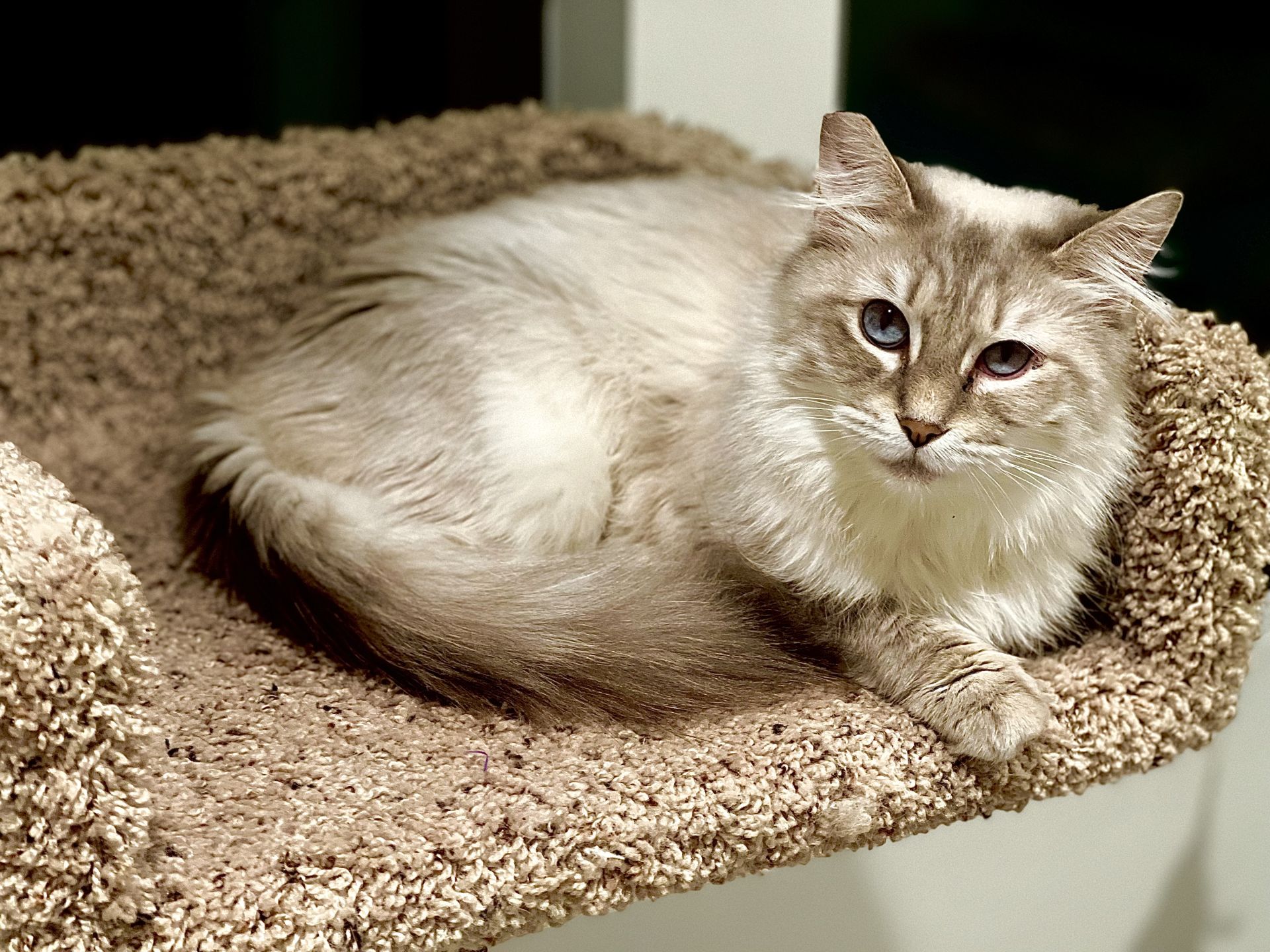Forensic Evidence Brings Justice for Animals
Animals who have experienced abuse and neglect can’t tell their stories. At Oregon Humane Society, part of our mission of making Oregon the safest place for pets means doing what we can to be a voice for these animals.
In 2022, OHS completed the Animal Crimes Forensic Center, the only facility of its kind on the West Coast—the other center doing similar work is in Florida and operated by the ASCPA. This new resource was essential in getting justice for a group cats rescued from a case of heartbreaking neglect in Marion County.
Judith the Cat
When Salem Police officers investigated a reported case of neglect and abandonment, they arrived at the property and found several cats without food and water—living in their own waste and infested with fleas. They called OHS’ Humane Law Enforcement team who agreed to help bring the animals to safety at OHS Portland Campus. One of these cats was Judith, a shy and fearful feline who was the last to be rescued from the home.
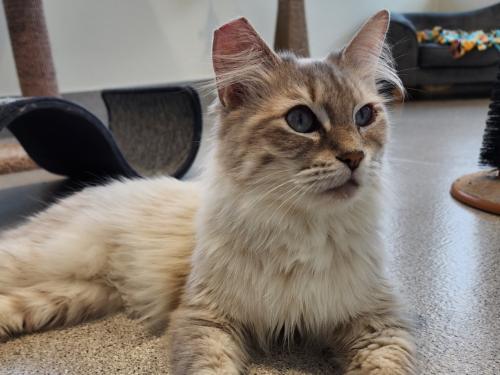
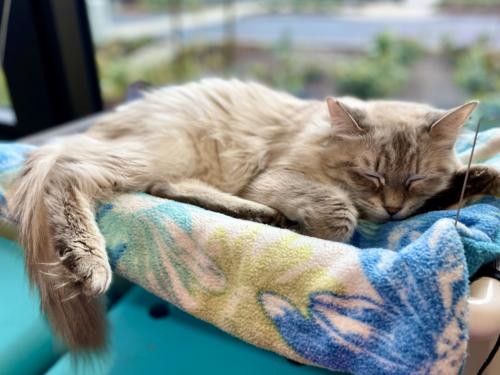
Judith and the other cats—eight in total including two deceased cats found on the property—were the very first to receive a forensic exam and have evidence collected by a veterinarian and technician at the Animal Crimes Forensic Center (ACFC).
The field of veterinary forensic medicine works to fill the gaps of information and determine what happened to an animal victim. Dr. Emmy Ferrell, OHS Veterinarian with a Master’s Degree in Veterinary Forensic Sciences, describes the process as putting together the pieces of a puzzle. “Every step of the forensic exam is critical to building a strong case and understanding what happened,” says Dr. Ferrell.
Dr. Ferrell is one of three veterinarians at OHS who have expertise in forensics. They work in partnership with other medical staff, a forensic technician, and members of OHS’ Humane Law Enforcement team to assemble the various elements of each case.

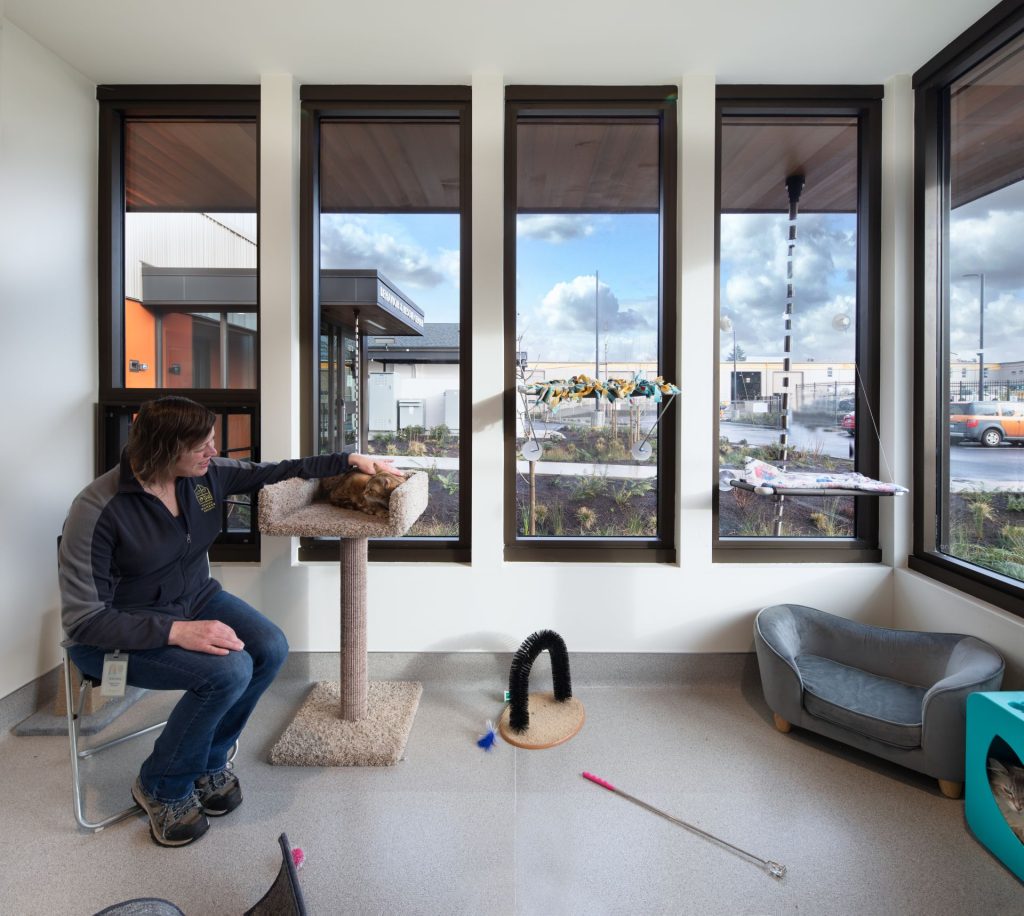
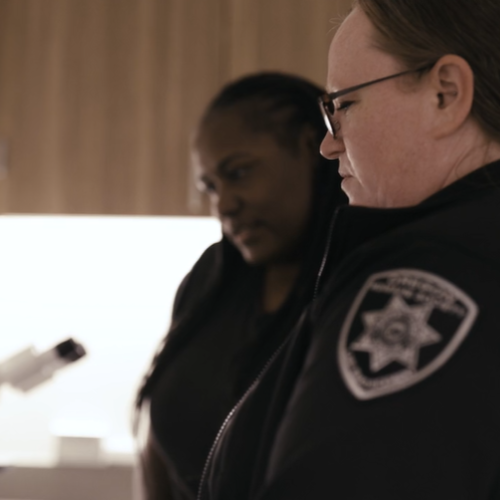
Judith and the other cats had their condition documented by a forensic veterinarian and submitted to the prosecutor, so a case could be made when her previous owner was located. While each case varies, most exams begin with documenting an animal’s weight and physical condition, measuring any wounds, taking x-rays, and doing bloodwork to determine if an animal’s condition is the result of a medical ailment like cancer. Without strong supporting evidence, cases like Judith’s can quickly fall apart.
A New Story for Judith
Meanwhile, Judith, who struggled with fearful behavior because of her previous neglect, came to stay at OHS’ Behavior and Rescue Center. Here, animals work on their skills and confidence before they are ready for adoption, under the careful supervision of a team trained in working with some of the most shy and fearful animals. For Judith, the program worked wonders. The peaceful environment and gentle staff assured her that she was finally in a safe place.
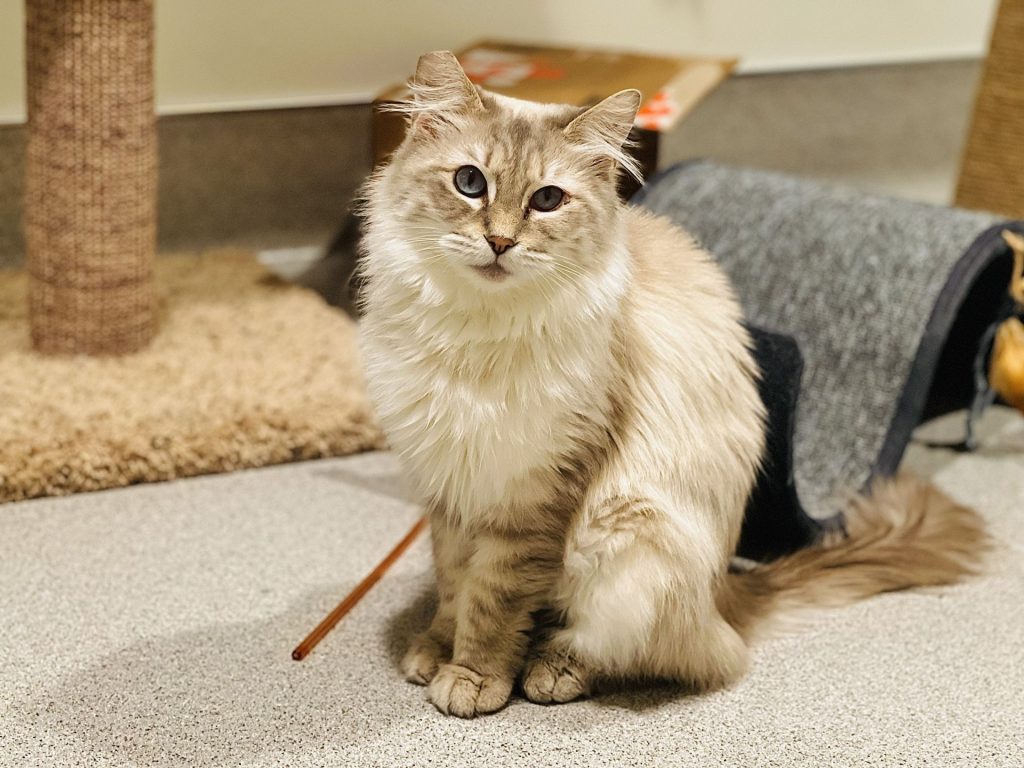
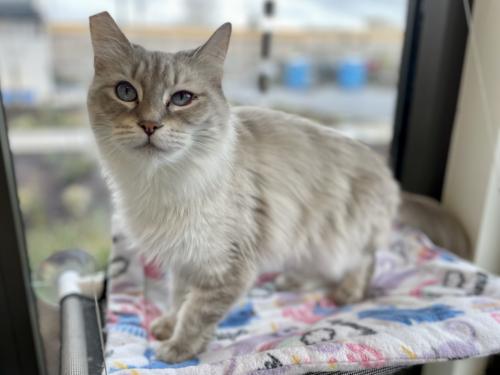

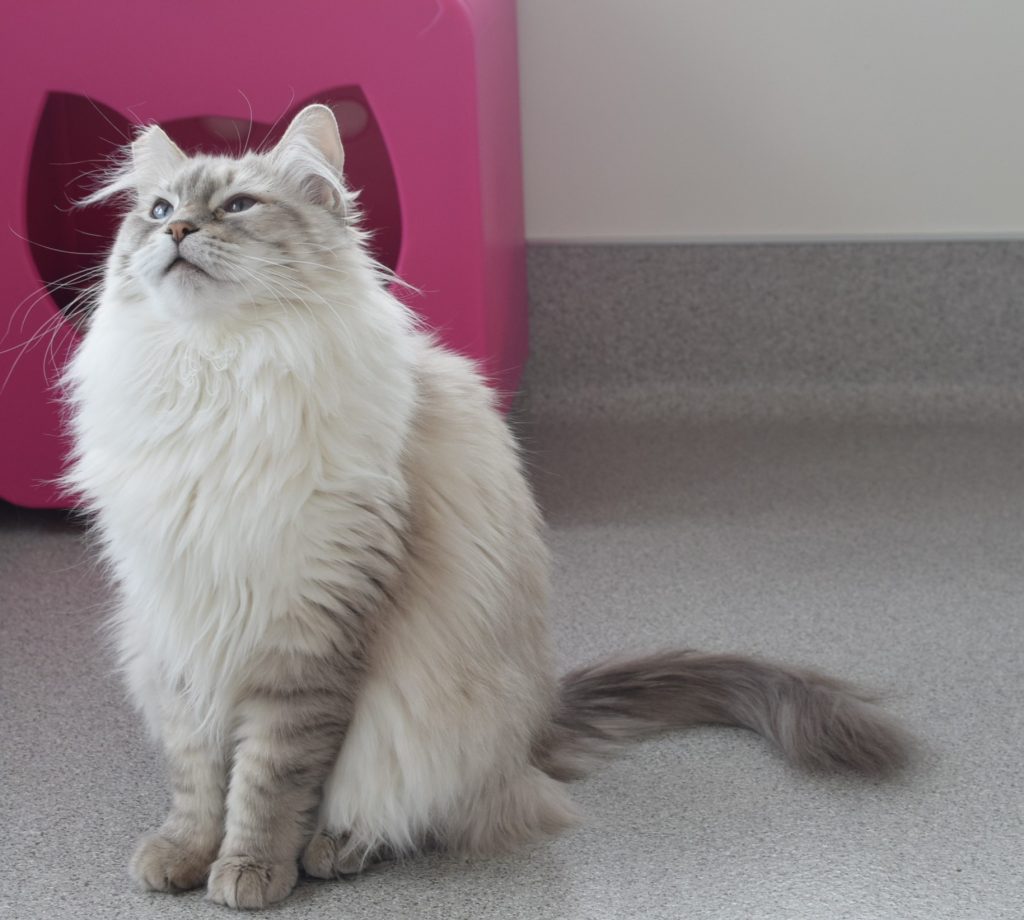
Salem Police tracked down Judith’s previous owner and the evidence collected at the Animal Crimes Forensic Center secured justice for Judith and the other cats. The suspect was found guilty and convicted on two counts of Animal Neglect in the First Degree. As part of the sentencing, the owner was barred from owning animals for five years—a verdict that may not have been possible without the diligent work done by the team at the ACFC.
All of the cats from the case, including Judith who made remarkable progress at the Behavior and Rescue Center, found new homes where they continue to love and be loved.
You Can Make a Difference for Pets Like Judith
Give today to help Oregon Humane Society protect animals from cruelty and neglect. Your donation ensures that our Animal Crimes Forensic Center and Humane Law Enforcement program continue to rescue animals in need and hold accountable the people who cause them harm.


